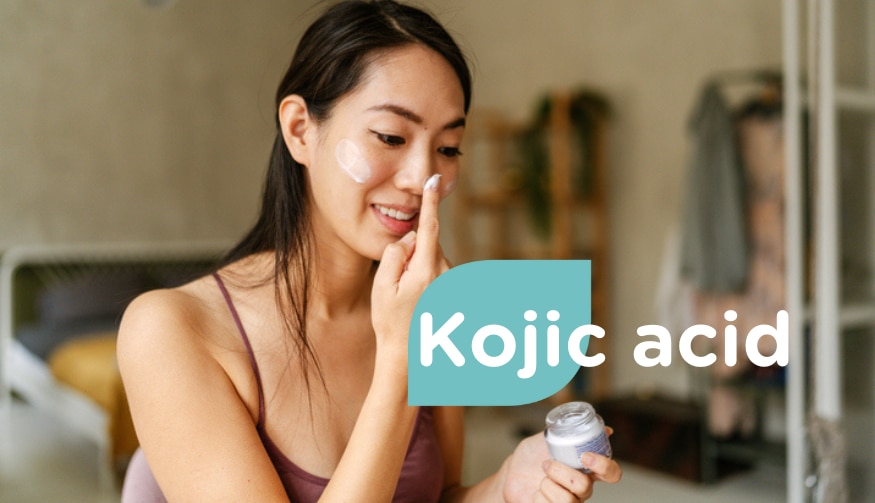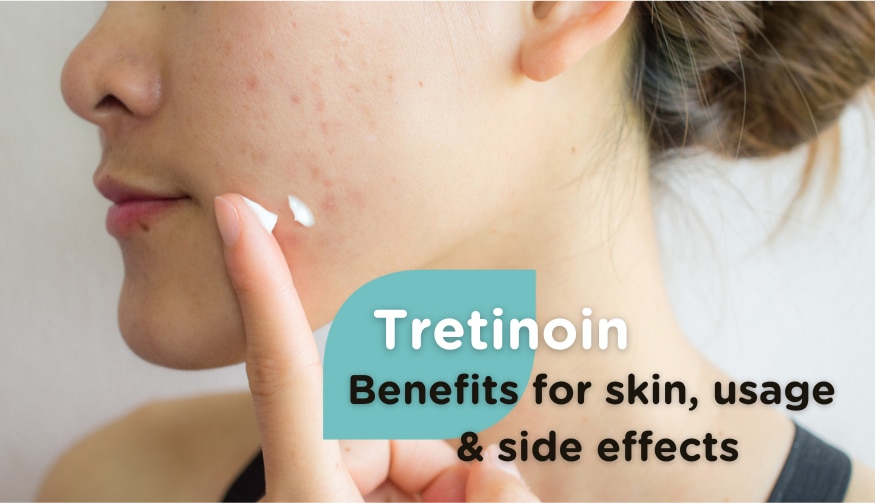Choosing between Adapalene and Tretinoin? Which one is better for aging and acne? It can be hard to decide which skincare ingredient is right for your skin. Read on and let us help you find the right choice.
What is adapalene?
Adapalene is a topical retinoid. It is mainly used for the treatment of mild to moderate acne, also can be used to treat follicular keratosis pilaris and other skin conditions.
Benefits of adapalene
There are a lot of benefits. It can penetrate hair follicles, help prevent and treat acne, exfoliate skin, and minimize inflammation. More than that!
- Mildness
It is generally safe for almost all skin types with less skin irritation, including sensitive skin. For those who are new to retinoids, adapalene is friendlier.
Potential side effects
- Increased skin sensitivity
Adapalene might be roughness and peeling, especially during the initial few weeks of treatment, as well as mild tingling and redness.
What is tretinoin?
Like adapalene, tretinoin is just another topical retinoid, derived from vitamin A, that also helps to prevent and treat acne. When using tretinoin, it is recommended that you avoid excessive sunlight and always use a sunscreen with a minimum SPF 30+.
Benefits of tretinoin
Tretinoin can treat many skin problems by accelerating cell renewal, unclogging pores and boosting collagen production.
- Strong anti-ageing effect
Reduces fine lines and wrinkles, improves skin texture, makes skin firmer and smoother, and can enhance overall skin texture.
Potential side effects
- Irritation
Tretinoin may muscular skin irritation may cause more substantial skin irritation, dryness, and flaking, especially during the first few weeks of use. It will need to be used with a moisturizer to relieve irritation.

Which is better for aging and acne?
Adapalene and tretinoin are both forms of Vitamin A and both ingredients are highly effective at fighting acne. The biggest difference between them is the anti-aging power of tretinoin. Tretinoin has been shown to reduce signs of aging of the skin, or damage to the skin from the sun.
Determining which treatment is right for you is totally up to what your skin needs. Be sure you consult your dermatologist before use.











